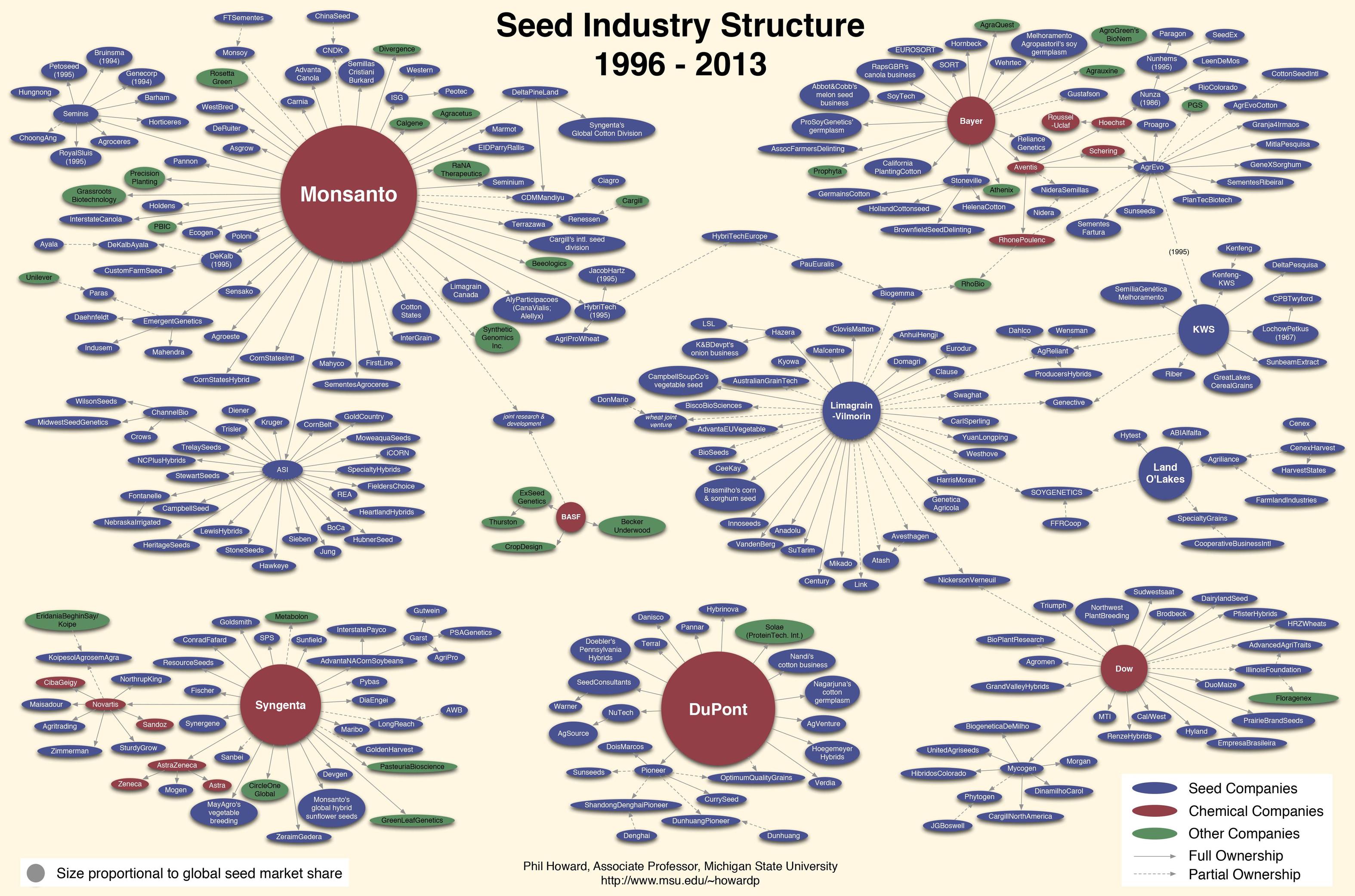Sustainability & Production:
Production: Needs examples of well performing methods & techniques utilizing organic farming methods
There are tons of examples all over the place how Organic farming methods not just give high production, but are also in long term better for the "soil quality" over decades. Chemical farming can and tends to destroy the soils nutrient qualities over time.
I will attempt to cite and link more and more examples of such kind below here:
“ I had 5 - 6 loans during my chemical farming days - a loan for my daughter’s marriage, others for seedlings , stems, and fertilizers. Now my farm expenses are so low, and everything I get is an income for the family. I owe nothing to anyone. ” — ZBNF farmer, Bijapur
Flip side: Damage via Chemical Farming:
In a world where government agencies and agribusiness have long pursued the holy grail of maximum crop yield, Haney preaches a different message: The quest for ever-greater productivity — using fertilizers, herbicides, pesticides, and whatever other chemicals are at hand — is killing our soil and threatening our farms.
In the face of a proposed 21 percent cut in the USDA’s budget by the Trump administration, Haney also stressed the importance of unbiased, government studies in a field where research is often dominated by the very corporations that benefit from overuse of fertilizers and chemicals. “We need more independent research,” Haney maintains. “We are only at the tip of the iceberg in terms of what we understand about how soil functions and its biology.”
Sustainability requires access and not restricted privileged control by a few:
The GMO companies want to control seeds and the food supply. The ability & freedom to grow Food needs to be open and free to whoever chooses to do so.
Food and seeds are given by nature and no organization, people or company should have exclusive ownership of it.
Seeds are inherent to existence and nature as is any creature that thrives.
Natural seeds bring thousands of years of diversity and evolution that makes them varied and sustainability friendly.
GMO corps want control, and their primary objective with seeds/ crops is control.
In addition to control, their crops are designed to be able tolerate "heavy" "toxic" pesticides, so that more stuff like Glyophosate (Roundup) is sprayed that can damage/ kill you and natural plants, do not kill their GMO plants.
EU declared Monsanto weedkiller safe after intervention from controversial US official
http://www.fooddemocracynow.org/blog/2017/may/24
Organizations that conserve seeds i.e. Seed Banks and so on will tell you the importance of it; unless they are bought out by the Big US Agri Chem Pesticide makers as shown below.
PS: Placeholder to provide graphic of how few GMO/ Pesticide makers have now control over most of the US Seed organizations.

Sources:
- https://www.cornucopia.org/wp-content/uploads/2013/09/seedindustry.jpg
- https://msu.edu/~howardp/seedindustry.pdf
- http://www.fooddemocracynow.org/blog/2017/feb/27-2
Organizations like Navdanya and others wish to free Seeds from the hands of few corrupt corporations who have cronies sitting at the FDA and similar places.
There are times when an organic Non-GMO farmer had mostly crop of his own and somehow, nature (winds, birds) / neighboring farms had some accidental spill over and some of the crop yield had found GMO seeds in it, for no intent, action or fault of theirs, and they were sued by the GMO corporations for money.
It should be the other way around, that if GMO's are found where they were not intentionally requested or executed they companies ought to be fined for corrupting the Non GMO crops.
